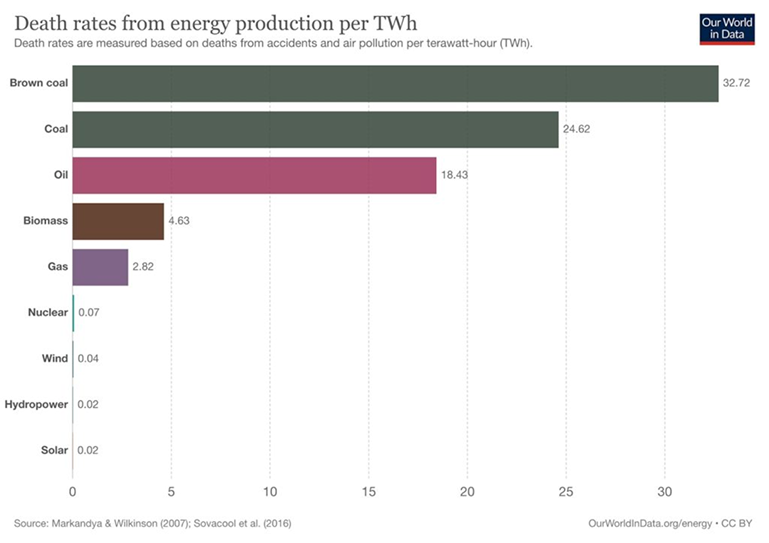Learn More About AVALON
The Electrical Energy Transition - A New Era Surpassing Traditional Oil and Gas Infrastructure

The world is on the brink of a significant transformation in the energy sector, signalling a shift from traditional oil and gas infrastructure to a more sustainable and efficient electrical energy system. This transition is driven by a confluence of environmental concerns, technological advancements, economic factors, and changing consumer preferences, all of which suggest that electrical energy will not only complement but ultimately overtake traditional fossil fuels.
Economic Factors
The economic landscape is also shifting in favour of electrical energy. Renewable energy sources often have lower operational costs compared to oil and gas, which are subject to price volatility and geopolitical risks. As countries invest in renewable infrastructure, job creation in this sector is outpacing that of fossil fuels. The transition to electrical energy is projected to generate millions of jobs in manufacturing, installation, and maintenance of renewable energy systems. Additionally, the growing market for electric vehicles (EVs) is further driving the demand for electrical energy, as consumers seek cleaner transportation options.
Environmental Imperatives
One of the most compelling reasons for this transition is the urgent need to address climate change. The burning of fossil fuels is a major contributor to greenhouse gas emissions, leading to global warming and its associated impacts. Governments and organizations worldwide are implementing stricter regulations and policies aimed at reducing carbon emissions. The Paris Agreement and other international accords emphasize the necessity of transitioning to low-carbon energy sources. As a result, renewable energy sources such as solar, wind, and hydroelectric power are gaining traction, positioning electrical energy as a cleaner alternative to oil and gas.
Technological Advancements
Advancements in technology are transforming the electrical energy landscape. The cost of renewable energy technologies has plummeted, making them increasingly competitive with traditional fossil fuels. According to the International Renewable Energy Agency (IRENA), the cost of solar photovoltaic (PV) systems has decreased by over 80% since 2010. Additionally, innovations in energy storage, such as battery technology, are making it easier to harness renewable energy and provide a reliable power supply. Smart grids and digital technologies are enhancing energy efficiency, allowing for better management of energy consumption and distribution.
Changing Consumer Preferences
Consumer preferences are evolving, with a growing awareness of environmental issues and a desire for sustainable practices. More individuals and businesses are actively seeking to reduce their carbon footprints. This trend is reflected in the increasing adoption of electric vehicles, energy-efficient appliances, and smart home technologies. Companies are also recognizing the importance of sustainability in their operations, leading to a higher demand for more energy efficient supply chain, processing and delivery solutions.

Projected Global EV Sales Growth: Long-term passenger EV sales are expected to rise significantly across all major markets, with China and Europe leading the transition through 2040.
GROWTH OF DIGITAL COMMERCE
Healthcare
AI can improve diagnostics, personalized medicine, and patient care through predictive analytics and robotic surgery assistance.
Finance
The finance industry uses AI for risk assessment, fraud detection, algorithmic trading, and enhancing customer service through chatbots.
Manufacturing
AI enhances automation, predictive maintenance, quality control, and supply chain optimization.
Retail
AI helps with inventory management, customer personalization, demand forecasting, and enhancing the shopping experience through virtual assistants and recommendation engines.
Transportation
Autonomous vehicles and logistics optimization are key areas where AI can drive efficiencies and safety improvements.
Telecommunications
AI can improve network optimization, customer service through automated systems, and predictive maintenance of infrastructure.
Education
Adaptive learning platforms can provide personalized education experiences, and administrative functions can be streamlined through AI tools.
Energy
AI contributes to smarter grids, renewable energy optimization, and predictive maintenance of equipment.